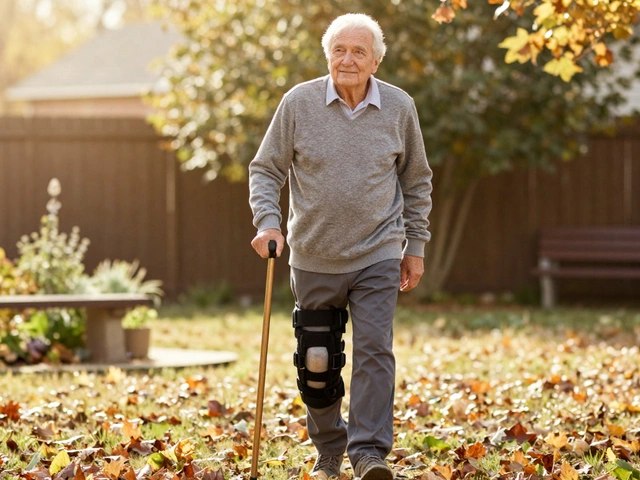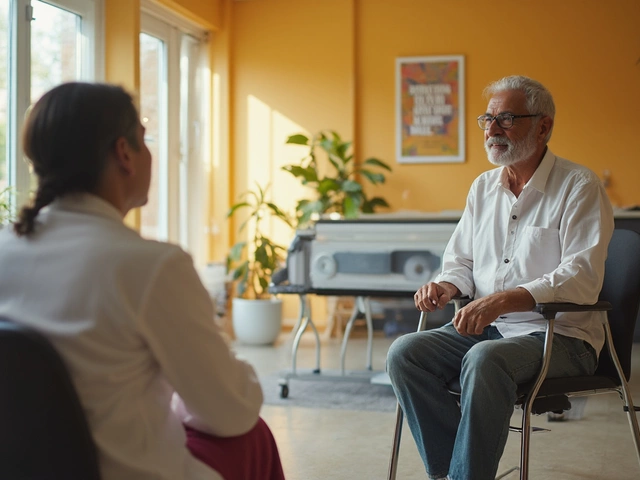Constipation After Surgery – What You Need to Know
Had an operation and now feel like the bathroom is a distant memory? You’re not alone. Many people experience slower bowels after surgery because the body’s routine gets interrupted. The good news is you can usually fix it with a few easy changes.
Why constipation happens after surgery
First off, anesthesia and pain medicines can relax the muscles that push stool out. Opioids, in particular, are famous for slowing the gut down. Add to that the fact that most of us stay in bed longer than we’d like, and the colon gets less of a workout. A low‑fiber diet while you recover doesn’t help either – hospital meals are often bland, and you might skip fruits, veggies, or whole grains.
Other factors include dehydration (IV fluids stop once you’re home), stress, and the natural shock of surgery on the body. All of these combine to make the intestine move slower, leading to hard stools and discomfort.
Fast ways to keep things moving
1. Drink plenty of water. Aim for at least 8‑10 glasses a day unless your doctor says otherwise. Warm water first thing in the morning can jump‑start the gut.
2. Add fiber gradually. Start with easy sources like cooked carrots, lentils, oats, or a small banana. Don’t go overboard; too much fiber too fast can cause gas.
3. Light movement matters. Even a short walk around the house or hallway for 5‑10 minutes a few times a day can stimulate bowel muscles. Ask your surgeon when it’s safe to start moving.
4. Use the bathroom when you feel the urge. Holding it can make stools harder. Try to sit on the toilet for a few minutes after meals – the natural “gastrocolic reflex” helps push things along.
5. Talk to your doctor about medication. If you’re on opioids, ask if a lower dose or a non‑opioid pain reliever is possible. Some doctors prescribe a mild laxative (like lactulose or docusate) to prevent constipation.
6. Try a stool softener or gentle laxative. Over‑the‑counter options like polyethylene glycol work well for short‑term use. Follow the package instructions and let your doctor know if you need it for more than a week.
7. Keep a simple diary. Write down what you eat, drink, and any bowel movements. Seeing patterns helps you and your doctor adjust the plan quickly.
If you notice any of these signs, call your surgeon or a gut specialist: severe abdominal pain, vomiting, no bowel movement for more than three days, or bloody stools. These could mean a blockage that needs urgent care.
Most of the time, constipation after surgery resolves with the steps above. It’s all about staying hydrated, moving a bit, and giving your gut the fiber it missed while you were under the knife.
Remember, recovery isn’t just about the incision healing – your whole system needs support. By following these practical tips, you can keep your bowels regular and focus on getting back to normal life faster.





